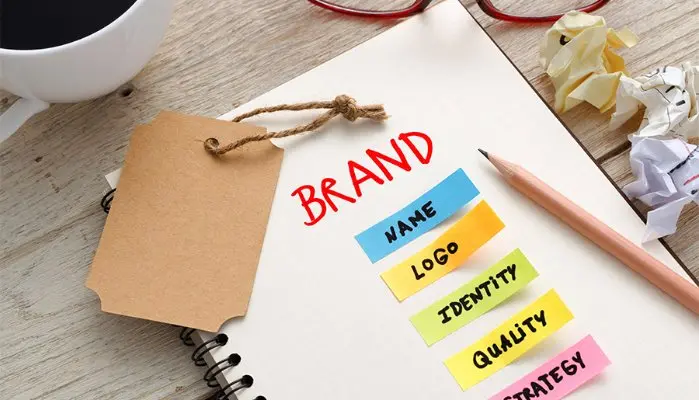
What is a Brand and What is Branding?
A brand is a way in which to identify one’s product or service. It often makes one product distinct from another similar product. It is beneficial for a company to have a brand because it makes a company easily recognisable and able to give value to their product or service. Sometimes people will associate higher quality with name brands as opposed to generic brands. A brand may be a name, design or symbol as long as it identifies the business.
Branding has been around for a very long time. In fact, the ancient Egyptians used livestock branding as early as 2,700 BCE. Livestock branding was used to keep theft at bay. The Egyptians would burn a unique symbol onto their cattle to show that it belonged to them. If a person stole the cattle, it was easy to figure out who was the rightful owner. Since then, the term has obviously been broadened. Nowadays a brand can mean a distinctive and strategic logo, name, visual or even personality for a company. The brand of a company isn’t just for recognition. A brand is often associated with the values or promises of a company. Over time, branding has become even further widespread, extending to political parties and even famous people.
Today branding is used for much more than distinguishing who owns what. Brands are meant to make a lasting impact in the minds of consumers. Branding is an essential marketing and communication technique that most companies use to some extent. For many businesses, the brand is what distinguishes their products from the vast array of similar products out there. There are several branding strategies, but the main goal is to create a unique identity, product design, and personality in order to gain brand loyalty and brand awareness from consumers, thereby increasing sales and profits.
What is Brand Equity?
Brand equity is simply the worth of a brand. There is not one agreed-upon way in which to measure brand equity. It is generally agreed, however, that a popular brand name can generate profits just because of the brand itself. A brand offers a promise to consumers about what kind of quality they can expect. Brand loyalty comes when customers favour a certain brand because they have become familiar with it and like the quality, it offers. When this happens, it can be said that a business or company has reached a high level of brand equity. Estimating the financial value or ascribing a monetary value to a brand is referred to as brand valuation. This technique is used to maximise shareholder value and forces company owners to manage their brands for achieving a higher profit margin.
Benefits of Branding
People Trust Brands
Don’t be scared to tell the general public what makes your company unique. Sharing what makes you special is what great branding is made of! Great branding takes confidence and intelligence, but it will be worth it in the end.
If may be easier to think of it this way: some of the most popular and successful brands did not get to where they are because they had a special product but because they had a high sense of confidence!
Immediately Recognisable Identity
It is essential to figure out exactly what you want your brand to say about your company because if you don’t know, neither will your target audience.
Start by writing down a few strong keywords that can help identify who your company is and what consumers can expect when they buy your products or use your services. Use these descriptive keywords to help shape your company. All brands should be able to be broken down into a few strong words.
Associating Yourselves with Emotions
Creating a strong brand for your business helps you connect on several levels with your customers and the community. It will take time to generate but once you have your brand established you will start to see many benefits including an emotional connection with your customers and employees. People will be able to connect with who you are as a business simply by recognising your brand, and that by itself is powerful.
Encourage Values Based Decisions
Figure out what your company’s values and beliefs are and don’t be afraid to let people know what they are. Create a strong mission statement and follow through on it. Even small companies can develop a strong brand if they have a core set of beliefs, values and principals.
A well-established brand will unite your company with the customers it serves, becoming part of the ecosystem.
Long Term Growth
There is no doubt that well-established, strong brands create revenue. If people know about your company and believe in what you stand for they will be more likely to want to buy your products.
Employee Motivation (self stories)
Once you have established your principles and values you will see your employee morale go up as well. If the entire company has the same goals, the atmosphere will remain positive and people will want to work harder to reach the goals you have set.
How Can Branded Merchandise Help with Branding?
Using branded merchandise can help familiarise your branding with a larger audience than it would do otherwise, improving your brand awareness and representing a low cost, high ROI marketing strategy.
Contact Steel City Marketing today for more information on branded merchandise and promotional products.



